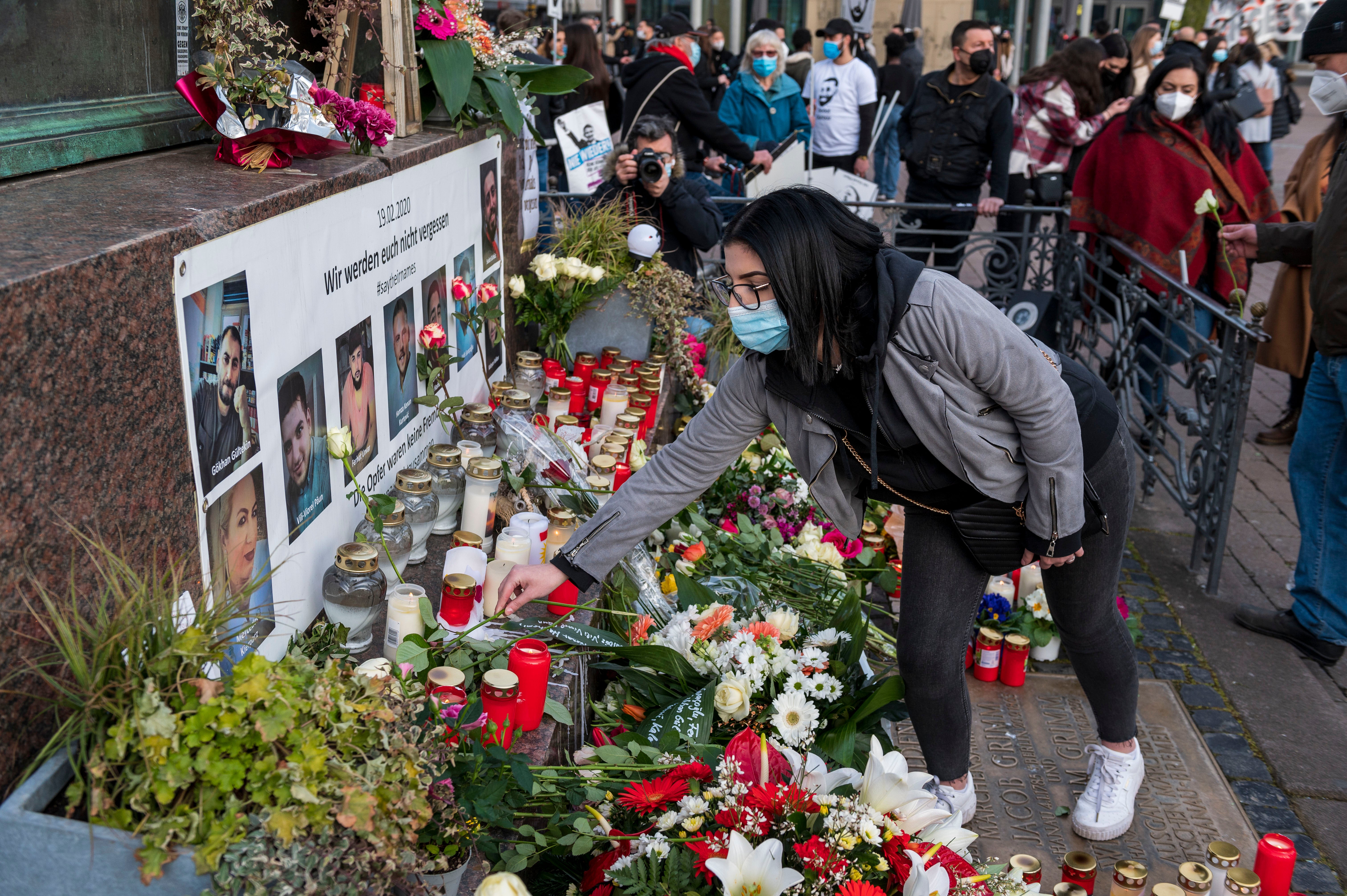The west’s battle against the far right will define this century
History teaches us that people can be more susceptible to far-right extremism when there is a backdrop of economic hardship and political uncertainty


Your support helps us to tell the story
From reproductive rights to climate change to Big Tech, The Independent is on the ground when the story is developing. Whether it's investigating the financials of Elon Musk's pro-Trump PAC or producing our latest documentary, 'The A Word', which shines a light on the American women fighting for reproductive rights, we know how important it is to parse out the facts from the messaging.
At such a critical moment in US history, we need reporters on the ground. Your donation allows us to keep sending journalists to speak to both sides of the story.
The Independent is trusted by Americans across the entire political spectrum. And unlike many other quality news outlets, we choose not to lock Americans out of our reporting and analysis with paywalls. We believe quality journalism should be available to everyone, paid for by those who can afford it.
Your support makes all the difference.For too long, the growth of both violent and non-violent far-right extremism in the west has been downplayed as a series of isolated events or separate national political shifts. Cities and countries around the world need to wake up and recognise that this is an evolving global danger which we must unite against with a concerted international effort.
In recent years, we have seen a surge in far-right terrorism in the west, driven mostly by anti-government, anti-Muslim and white supremacist extremists. We have endured a series of deadly attacks in Europe, including in Sweden, Germany, Norway, Croatia, France and Italy, and a number of shootings in America.
In the United Kingdom, the security services have disclosed that nearly 30 per cent of terrorist plots being disrupted are linked to far-right extremism. Two attacks that could sadly not be stopped include a van being driven into a group of Muslims outside a London Mosque in 2017, and the murder of my good friend, Jo Cox, who was a serving member of parliament.
As well as these violent attacks, we are also seeing a resurgence of extremist views and ideology infiltrating mainstream politics. It’s moving from the fringes to the forefront, with nativist populist parties and politicians gaining strength in the US and across Europe, winning power and influence in places that would have been unthinkable just a few years ago.
In France, for example, the far-right presidential candidate, Marine Le Pen, won more than 40 per cent of the vote in the national elections earlier this month. In Spain – for the first time since the fascist dictator Francisco Franco’s death in 1975 – a far-right party has joined a regional coalition government. And we are already seeing the consequences of the far right having unconstrained power in Hungary, with Viktor Orbán tightening restrictions for universities, the judiciary and the media.
These far-right movements are a clear threat to our hard won rights and freedoms and the values that have defined our liberal democratic societies for many decades. They are using the same divisive tropes of the fascists of the 20th century to garner support: pitting their own citizens against one another, picking on minority groups and the marginalised to manufacture an enemy, and constructing lies to stoke fear and attack the fundamental pillars of a healthy democracy – equality under the law, the freedom of the press and an independent justice system.
Worryingly, far-right groups are now finding new ways to deliver their message to audiences around the world, increasingly networking across borders and continents. They have been leveraging the Covid-19 crisis to further their objectives, bolstering their ranks since the start of the pandemic by exploiting vaccine hesitancy, latching onto anti-vaccine protests and creating a new global pipeline to extremism.
We must not turn a blind eye to this growing threat, especially now. History teaches us that people can be more susceptible to far-right extremism when there is a backdrop of economic hardship and political uncertainty. With the rising cost of living and inflation spiking in many countries throughout the west, we must prevent far right groups from using these difficult economic times to garner yet more support.
There is real action we can take locally, nationally and internationally. We must shun the politicians who continue to use the language of division to advance their political cause. We must tackle the inequalities in our societies, which can lead to people blaming “the other” for their ills. We must foster social integration between our divided communities. And we must bring together cities and countries around the world to take a more coordinated approach to tackling both violent and non-violent far right extremism.
To keep up to speed with all the latest opinions and comment, sign up to our free weekly Voices Dispatches newsletter by clicking here
A key part of the solution will be tackling disinformation and the global spread of extremism online, which is fanning the flames of prejudice around the world. As both a practicing Muslim and a liberal politician, I have become a villain for the far right. They hate that I demonstrate there doesn’t need to be any tension or contradiction between Islam and our western liberal values.
As a consequence, I receive a huge amount of hate, racism and Islamophobia on social media on a daily basis. Since becoming Mayor of London in 2016, I’ve been the subject of over 230,000 racist and abusive posts – not just from people in Europe, but across the US too. Some progress has been made by Twitter and other social media platforms in recent years, but there’s clearly a long way to go. Now is the time to do more, not less, to tackle extremism and hate.
This battle with the far right is not going to be easy. It will be one of the defining challenges of this century, with many lives, democratic societies and human rights on the line. But if we start treating this threat with the seriousness it deserves, I’m optimistic that we can work together to forge stronger societies and ensure our democratic values of unity, equality and justice win out.
Sadiq Khan is the mayor of London
Join our commenting forum
Join thought-provoking conversations, follow other Independent readers and see their replies
Comments